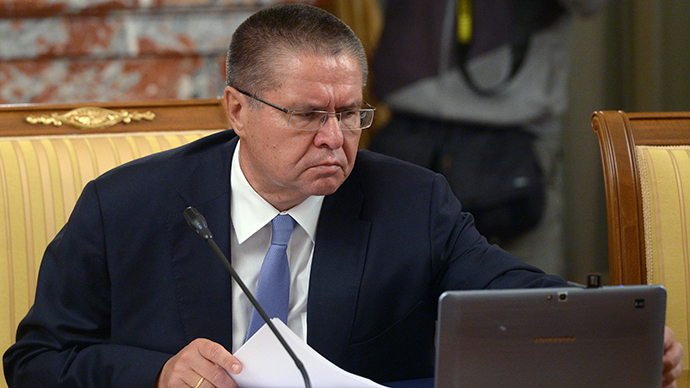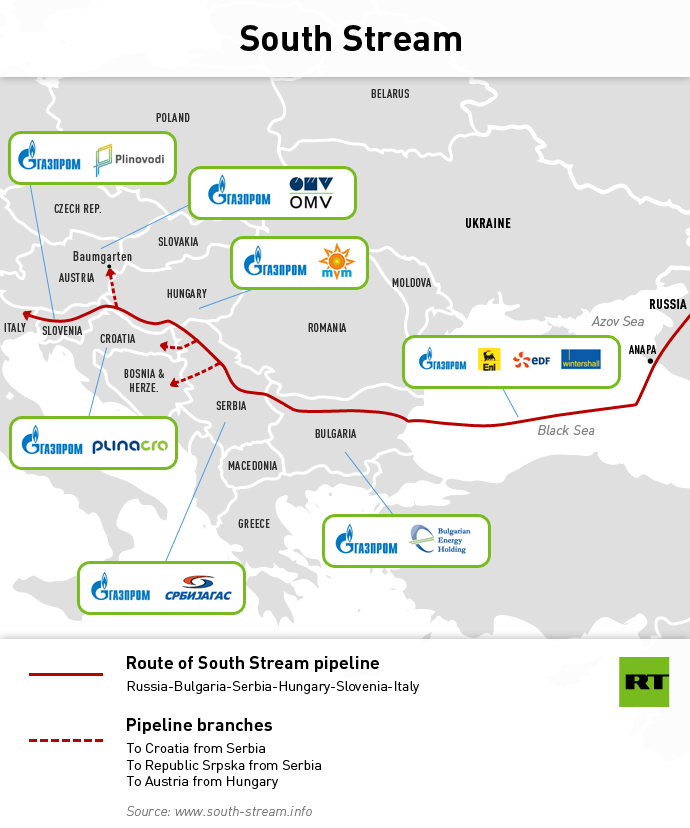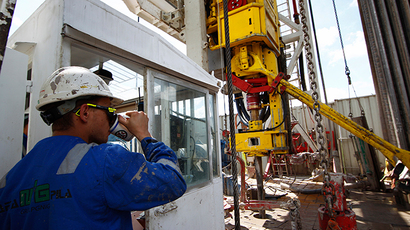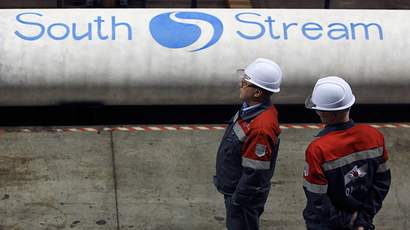EU should accept gas transit risks, if it rejects South Stream – Russian Economy Minister

If European countries don’t want to eliminate gas supply problems by building the South Stream pipeline, they should take responsibility for the possible transit risks, said Russian Minister of Economic Development Aleksey Ulyukayev.
"South Stream is a way to eliminate transit risks for European consumers, if European consumers demand reducing the risks, we will build South Stream, if not – then we won’t," Ulyukayev told reporters Wednesday.
He added that in this case the risk of violating the guarantees of supply should be taken by those who refuse the opportunities Russia offers.
Ulyukayev also said that the plans to build a gas pipeline to China have nothing to do with Russia’s fulfillment of its obligations towards European consumers.
READ MORE: Russia and China seal historic $400bn gas deal
“We have enough gas for both – for East and West,” the minister said.
"…we are talking about natural diversification and natural energy balance of supply for different consumers," he added.
South Stream is a gas pipeline project led by Russia’s Gazprom with a 64 billion cubic meter capacity. The pipeline is planned to run via the Black Sea to South and Central Europe in order to diversify export routes of natural gas, thus eliminating transit risks. South Stream is expected to start operating at full capacity in 2018.

The European Commission is trying to block the project, saying it doesn’t meet the rules set out in the EU’s Third Energy Package, which doesn’t allow a single company to both produce and transport oil and gas.
Russian President Vladimir Putin said that the project is beneficial for Europe, and the red tape holdups are only explained by political decisions.














